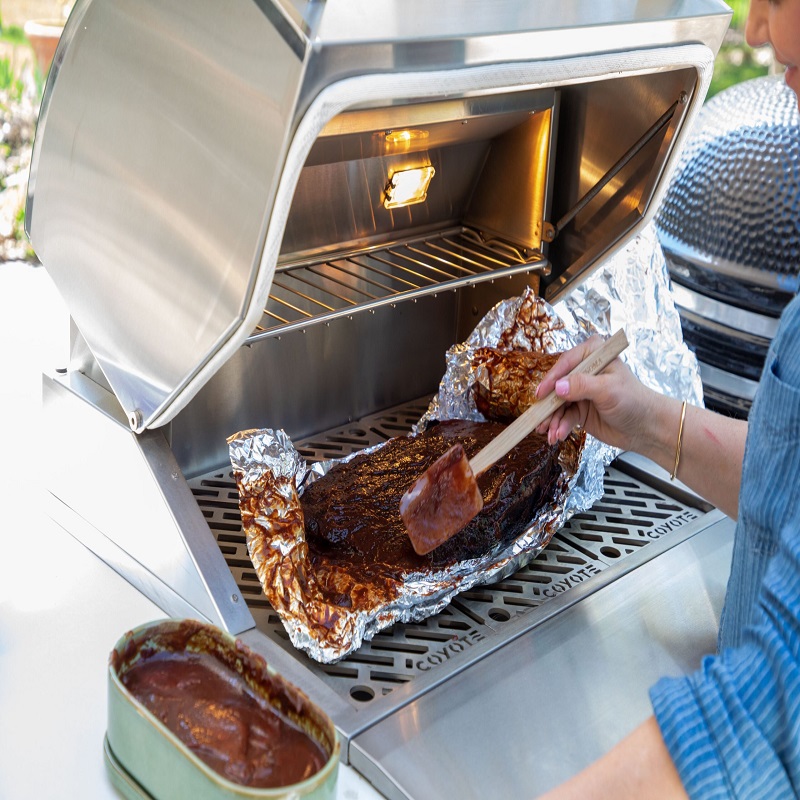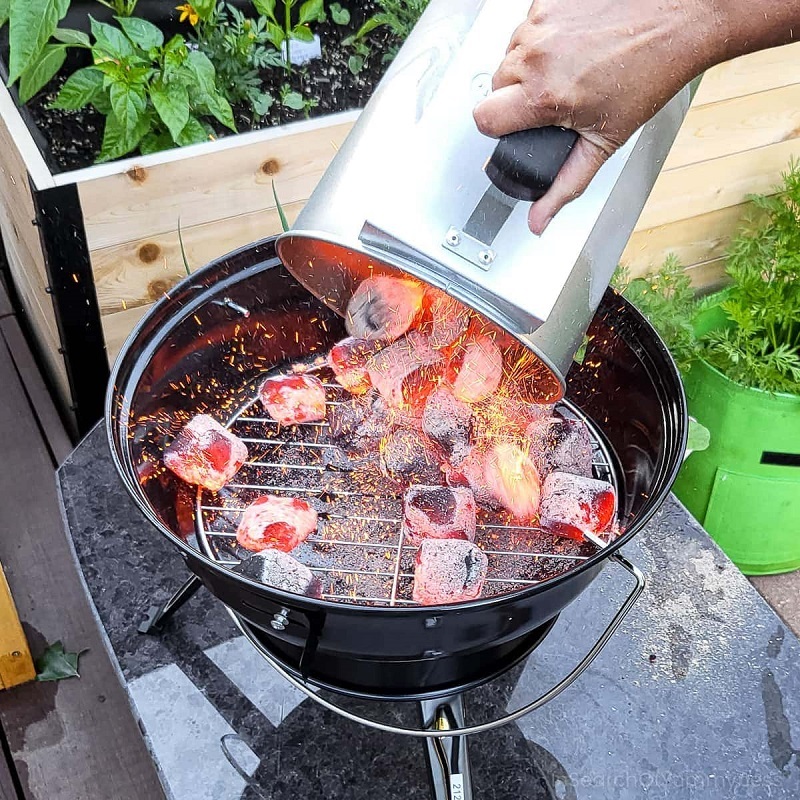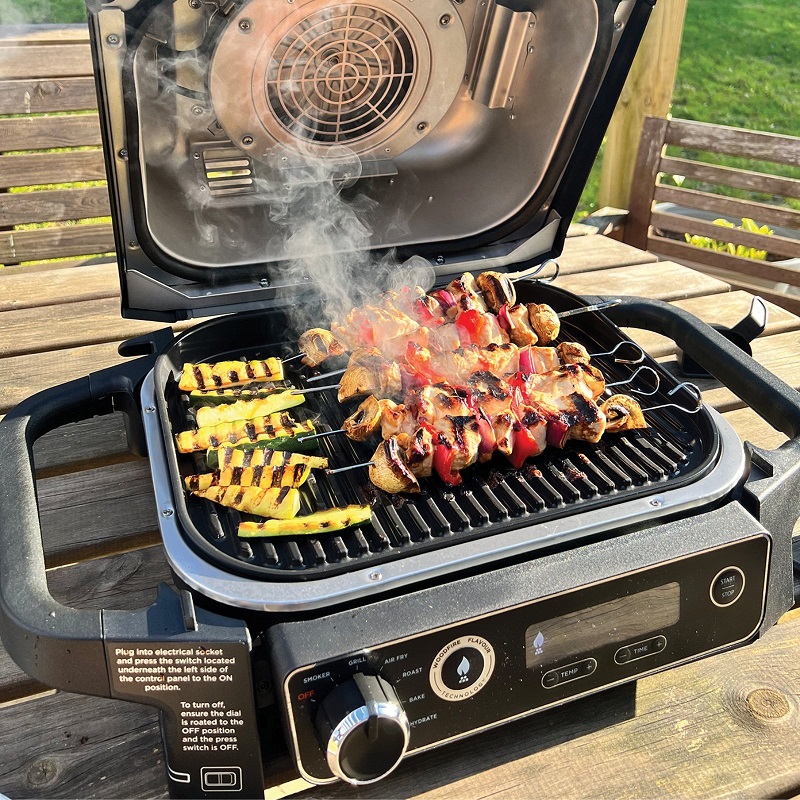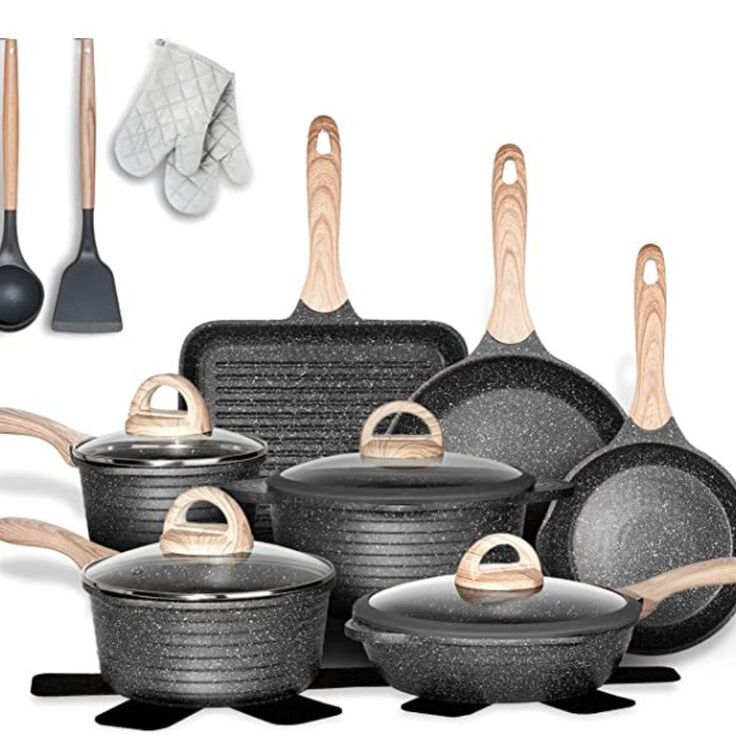When it comes to outdoor cooking, many people use the terms “grilling” and “barbecuing” interchangeably. However, there are distinct differences between the two methods that can influence your cooking decisions. This article will delve into the nuances of grilling and barbecuing, exploring their characteristics, benefits, and the ideal scenarios for each. By understanding these differences, you can make the right choice for your next outdoor cookout.
The Basics of Grilling
What Is Grilling?
Grilling is a high-heat cooking method that involves direct heat applied to food, usually from below. This technique is often associated with cooking over an open flame or a hot grill, where food is placed directly on the grates. The intense heat caramelizes the surface of the food, creating a distinctive charred exterior and rich flavors. Grilling is typically used for foods that cook quickly, such as steaks, burgers, and vegetables. The key to grilling is the use of high heat and quick cooking times, often ranging from a few minutes to half an hour.
Types of Grills
There are several types of grills available, each offering different features and advantages. Charcoal grills are renowned for their ability to impart a smoky flavor to food, thanks to the burning of charcoal briquettes or lump charcoal. Gas grills, on the other hand, provide convenience and precise temperature control through the use of propane or natural gas. Electric grills offer an indoor-friendly option with easy temperature management. Each type has its benefits, and the choice largely depends on personal preference and cooking style.

The Fundamentals of Barbecuing
What Is Barbecuing?
Barbecuing, often confused with grilling, is a slow-cooking method that uses indirect heat to cook food over a longer period. This technique involves cooking food at lower temperatures, typically between 225°F and 275°F, with the heat coming from a source such as wood chips, charcoal, or propane. The low and slow approach allows the meat to become tender and flavorful as it absorbs the smoke from the heat source. Barbecuing is ideal for larger cuts of meat like ribs, brisket, and pork shoulders that benefit from extended cooking times.
Barbecue Equipment and Techniques
Barbecuing requires specific equipment and techniques to achieve the desired results. Smokers are designed to maintain a low and consistent temperature while infusing food with smoke flavor. Offset smokers, vertical smokers, and pellet grills are popular choices for serious barbecue enthusiasts. Wood chips or chunks are often used to add a smoky aroma to the food. Additionally, techniques such as the “low and slow” method and the use of a water pan can help maintain moisture and tenderness in the meat.
Key Differences Between Grilling and Barbecuing
Heat Source and Cooking Time
The primary difference between grilling and barbecuing lies in the heat source and cooking time. Grilling uses high, direct heat to cook food quickly, often in a matter of minutes. The high temperatures create a seared crust and can result in a more intense flavor profile. In contrast, barbecuing uses low, indirect heat over a longer period, which allows the flavors to develop gradually and results in a tender, smoky finish. The extended cooking time is essential for breaking down tough meat fibers and achieving the desired texture.
Flavor Profiles and Food Choices
Grilling and barbecuing produce different flavor profiles due to their cooking methods. Grilling typically imparts a charred, smoky flavor to the food from the direct heat and the Maillard reaction, which caramelizes the surface. This method is great for quick-cooking items that benefit from a seared exterior. Barbecuing, on the other hand, infuses the food with a deep, smoky flavor from the slow cooking process and the addition of wood smoke. This technique is best suited for meats that require prolonged cooking to achieve tenderness and flavor absorption.
Advantages of Grilling
Speed and Convenience
One of the main advantages of grilling is the speed and convenience it offers. Grilling is ideal for quick meals, allowing you to cook a meal from start to finish in a relatively short amount of time. This makes it a great option for weeknight dinners, casual gatherings, or spontaneous cookouts. The high heat and direct cooking method also mean that you can achieve a delicious sear and grill marks on your food, enhancing both the flavor and appearance.
Versatility
Grilling is incredibly versatile, as it can be used to cook a wide variety of foods. From meats and poultry to vegetables and even fruits, grilling accommodates different ingredients and cooking styles. The ability to adjust the heat and position of the food on the grill allows for a range of cooking techniques, such as direct grilling, indirect grilling, and even smoking. This versatility makes grilling a popular choice for many outdoor cooking enthusiasts.

Benefits of Barbecuing
Enhanced Flavors and Tenderness
Barbecuing offers several benefits, particularly in terms of flavor and tenderness. The slow cooking process allows the meat to absorb the flavors from the wood smoke and seasonings, resulting in a rich, complex taste. The low and slow method also breaks down connective tissues in tougher cuts of meat, making them incredibly tender. This extended cooking time ensures that the meat is infused with smoky goodness and achieves a desirable texture.
Ideal for Large Gatherings
Barbecuing is well-suited for large gatherings and events due to its ability to cook large quantities of food at once. Whether you’re preparing a whole brisket or multiple racks of ribs, the slow cooking process allows for bulk cooking and ensures that everyone gets a taste of delicious, smoked meat. Additionally, the relaxed pace of barbecuing complements social events, as it allows you to focus on other aspects of the gathering while the food cooks.
Choosing the Right Method for Your Event
Consider Your Time Constraints
When deciding between grilling and barbecuing, consider the time you have available for cooking. If you’re hosting a casual get-together or need to prepare a meal quickly, grilling is likely the better option. It allows you to cook food in a shorter time frame and provides immediate results. On the other hand, if you have the luxury of time and want to create a memorable, flavorful meal, barbecuing is worth the investment. The slow cooking process will reward you with tender, smoky dishes that can impress your guests.
Tips for Success in Grilling
Mastering Temperature Control
To achieve perfect grilled dishes, mastering temperature control is essential. Preheat your grill to the desired temperature before placing the food on the grates. Use a thermometer to monitor the internal temperature of your food and ensure it reaches the appropriate doneness. Adjust the heat as needed to prevent overcooking or burning. Understanding direct and indirect heat zones on your grill can also help you cook different foods to perfection.
Experimenting with Marinades and Rubs
Marinades and rubs can enhance the flavor of your grilled dishes and add variety to your cooking. Experiment with different combinations of herbs, spices, and liquids to create unique flavor profiles. Allow your food to marinate for at least 30 minutes or overnight for more intense flavor. Rubs can be applied directly to the surface of the food before grilling, providing a flavorful crust. Experimenting with these techniques can elevate your grilling game and impress your guests.
Tips for Successful Barbecuing
Maintaining Consistent Heat
Maintaining consistent heat is crucial for successful barbecuing. Use a thermometer to monitor the temperature inside the smoker or barbecue, and make adjustments to the heat source as needed. Avoid opening the lid frequently, as this can cause heat fluctuations and affect the cooking process. Using a water pan can help regulate temperature and add moisture to the cooking environment. Consistent heat ensures that your food cooks evenly and develops the desired tenderness and flavor.

Conclusion
Grilling and barbecuing are two distinct methods of outdoor cooking, each with its own unique characteristics and advantages. Grilling is ideal for quick, high-heat cooking, providing a seared exterior and versatile food options. Barbecuing, on the other hand, involves slow cooking with indirect heat, resulting in tender, smoky flavors. By understanding the differences between these methods and considering your time constraints, equipment, and skills, you can make an informed decision about which method to use for your next outdoor cookout. Whether you choose grilling or barbecuing, mastering the techniques and experimenting with flavors will lead to delicious and memorable meals.









